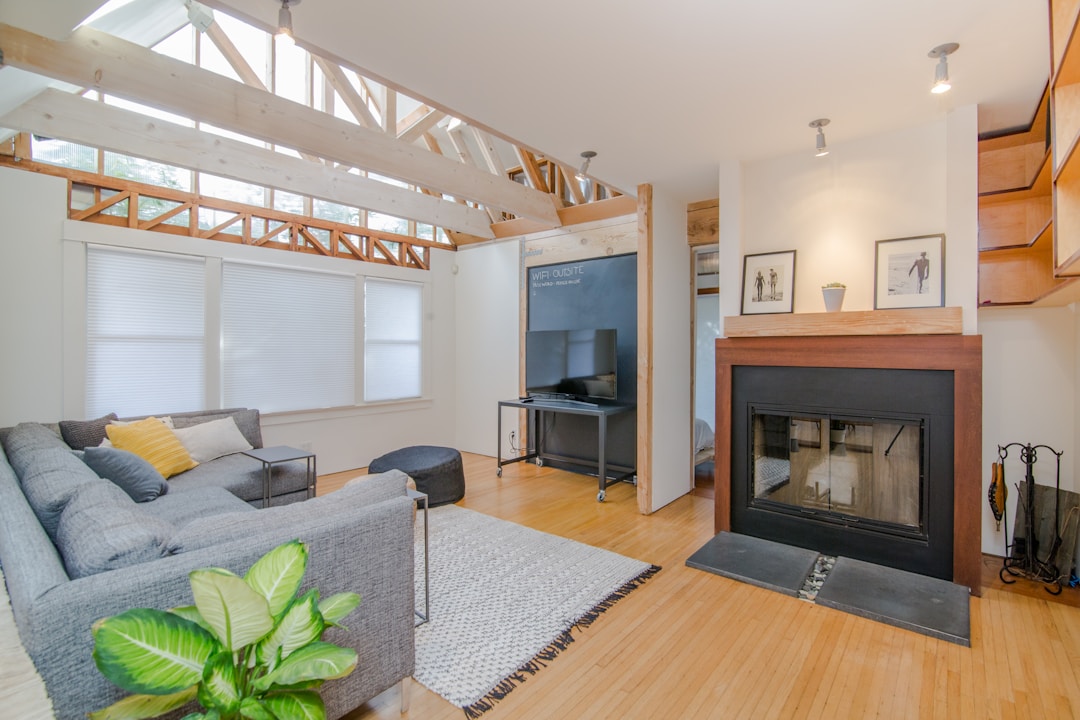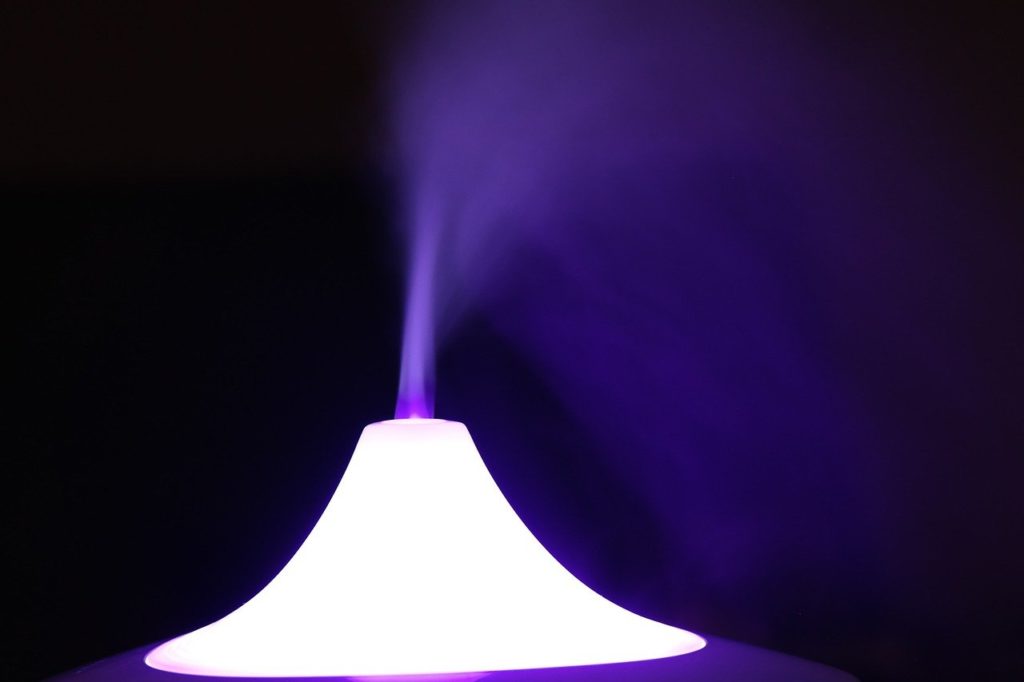Have you ever found that the air in your house is far too dry when you crank the heat up? Do you find you or your loved ones dealing with nosebleeds during the winter months? While you may already have a humidifier to help the air in your bedroom, it could be time to consider a whole-home humidifier to alleviate the dry air that is making you choose between warmth and comfort.
Soothing Your Dry Skin

According to the Environmental Protection Agency, the ideal indoor humidity for a household is between 30 and 50 percent. Low indoor humidity can cause your skin to dry out almost annually when you crank up your heating system. The loss of moisture can lead to intense itching and flaking. Using a whole-home humidifier maintains the ideal level of moisture throughout the heating season, keeping your skin from cracking and bleeding.
Having proper humidity levels is also paramount for not just homeowners, but the entire home. Dry air can damage hardwood floors, furniture, and paint. A whole-house humidifier can actually keep these items from falling victim to adverse effects of dry air over the long term, saving you on additional expenses for home repair.
Relieving Dry Eyes and Nasal Passages

Your eyes and nasal passages make their own moisture, but if the air in your home is too dry, it can make it tough for your body to keep up. Dry air can irritate eyes, and nasal passages can get inflamed and develop cracks, leading to bloody noses. Running a whole-home humidifier offers you relief while lowering your risk of infection. Dry mucous membranes are prone to get infected by viruses circulating in your home’s air.
While you may be afraid to crank up the furnace to stay warm through the winter, installing a whole-house humidifier can actually help you feel warmer at lower temperatures. According to the EPA, you can save as much as 4 percent on your utility bills for every degree you lower your thermostat. Installing a large-scale humidifier in your household creates a controlled-humidity environment that will create a cleaner and kinder airflow throughout your home regardless of cold air or hot air. By impacting heating costs, you can allow for warm air to fill your home as often as you need it.
Reducing Coughing and Breathing Problems

Beyond cracks in your skin and bloody noses, the humidity in your household can have a tremendous impact on your breathing. Dry air is hell on the respiratory system, especially for people with pre-existing conditions like asthma. Dry air irritates the lungs, causing coughing, sinus congestion, and even a runny nose. Using a whole-home humidifier reduces coughing, improving lung health while ensuring a greater comfort level within your household.
Many viruses thrive in low-humidity environments, including your likelihood of catching the flu or even the common cold. High moisture environments can also create a breeding ground for mold, which can lead to long-term medical issues and maladies brought on by constantly inhaling these toxic spores. Whole-home humidifiers can help you evaluate the healthy humidity levels within your home.
Some central humidifiers come equipped with hygrometers, but you can also find them at hardware stores. Test the humidity daily, especially if someone in your household has allergies or asthma. It is important to regularly clean any size humidifier, as unclean units can cause bacterial growth. Whole-house humidifiers, which can require professional installation, can also require professional cleaning. Humidifiers can potentially emit minerals and microorganisms. That residue can exacerbate the symptoms of asthma. There are many pros to having a whole-home humidifier, so consider the investment before the temperature drops again.





